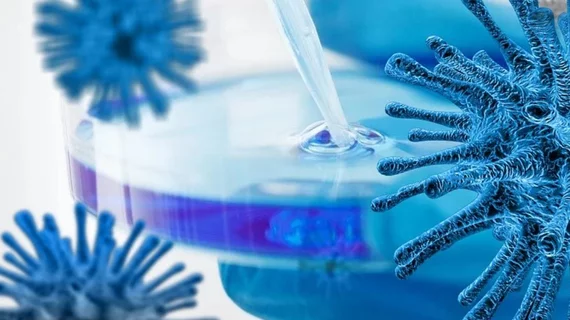Machine learning teams with antibody science on COVID-19 treatment discovery
Two data scientists say they’ve created AI algorithms that can do in a week what biological researchers might otherwise spend years trying to pull off in a laboratory: discover antibody-based treatments that have a fighting chance to beat back COVID-19.
In fact, studies have shown it takes an average of five years and half a billion dollars to find and fine-tune antibodies in a lab, Andrew Satz and Brett Averso, both execs of a 12-member startup called EVQLV, explain.
Speaking with their alma mater, Columbia University’s Data Science Institute, Satz and Averso say their machine-learning algorithms can help by cutting the chances of costly experimental failures in the lab.
“We fail in the computer as much as possible to reduce the possibility of downstream failure in the laboratory,” Satz tells the institute’s news division. “[T]hat shaves a significant amount of time from laborious and time-consuming work.”
EVQLV is working on the advancement with Immunoprecise Antibodies (IPA), a bioscience research company concentrating on discovering therapeutic antibodies.
The collaboration “will accelerate the effort to develop therapeutic candidates against COVID-19,” according to the news report. “EVQLV will identify and screen hundreds of millions of potential antibody treatments in only a few days—far beyond the capacity of any laboratory.”
With the algorithmic screening complete, IPA will produce and test the most promising antibody candidates, the school reports.
“Speeding up the first stage of the process—antibody discovery—goes a long way toward expediting the discovery of a treatment for COVID-19.”

